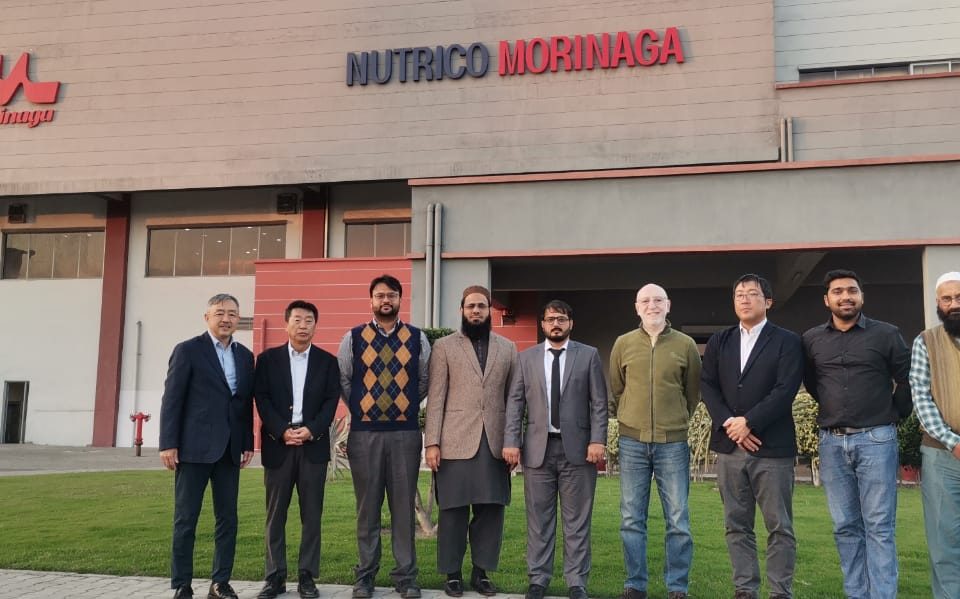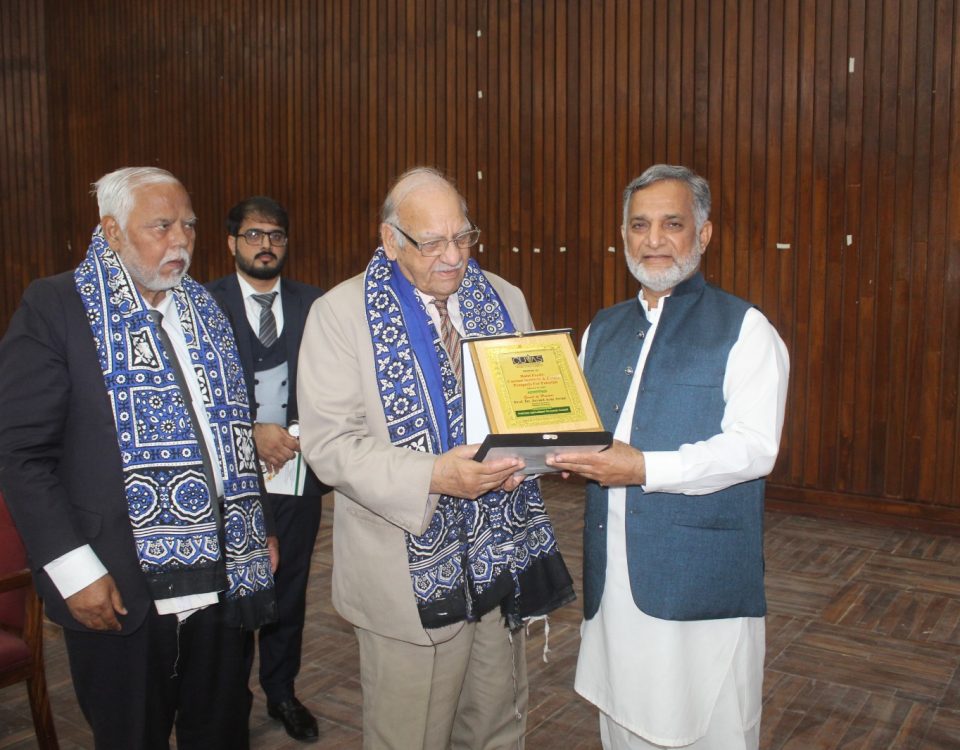What is Halal Certification Services

Halal Food Certification In Pakistan
September 1, 2022
Halal Certification Service Pakistan
September 1, 2022What is Halal Certification Services
An encouraging development in the food industry is the rising popularity of halal certification. With the global Muslim population now at over 1.6 billion, there has been a rise in the demand for processed chicken, mutton, beef, and other foods that adhere to Islamic dietary requirements. As a result, there is now a larger selection of processed meals that are suitable for Muslims. Increases in the availability of foods that adhere to Islamic dietary restrictions are a direct result of this growing demand. This has increased the number of meals prepared in conformity with Islamic dietary requirements, therefore increasing the overall quantity of items offered. All hours of the day and night, demand is rising.
To ensure that all goods, procedures, and systems in the supply chain are in accordance with Halal Standards, a third-party organization will provide a Halal Certification. The Halal Symbol of Approval is another name for this accreditation. In some communities, this seal of approval is also referred to as the Halal Symbol of Quality. Using a “Systematic Approach,” Halal Certification guarantees that the product meets the standards set by the Islamic Council so that it may carry the Halal label. These standards include the product’s qualities and the standard of quality at which it is produced. This is true regardless of the depth to which the product delves into a certain topic or the excellence to which it aspires. The same is true for the product in terms of its characteristics and the attributes they represent, especially the level of quality they represent. Halal Certification makes this service accessible. Both the product’s features and its overall quality are in the spotlight here.
If a product has been approved for sale in the Islamic market by a recognized Islamic organization, then it is said to have “Halal Certification.” All of these conditions must be completed before a product can be considered for “Halal Certification.” All of these conditions must be met for a product to be considered appropriate for sale in the Islamic market (Third-party certification). Validating the ingredients, undergoing an inspection or audit, and gaining approval from a committee are just a few of the steps required to get Halal certification. Some of the most typical procedures are listed below.Furthermore, the Halal Certification may be earned for both pharmaceutical and cosmetic items if specific criteria are satisfied. You should follow this rule while using any kind of medicine or cosmetics
- Alcohol may be found in almost every perfume, however it may be in a different form.
- Lipsticks and lip balms can include pig fat as an ingredient. There are lip glosses on the market that include pig fat.
- Animal by-products from many different types of animals, including but not limited to cows, goats, pigs, chickens, and turkeys, are often used in cosmetics. On the other hand, the packaging may or may not state that the product contains ingredients derived from animals. The skin, hair, and fat of animals are collected and processed into by-products.
In 2015, the global market for halal cosmetics was forecast to be worth USD$16.32 billion; by 2025, that number is expected to rise to USD$52.02 billion. Grand View Research kindly supplied us with the data. This prediction is based on the thought that the number of people who adhere to Islam’s teachings would keep growing in the near future.
Communities of Muslims aren’t the only ones that see value in this Certification; non-Muslim communities have come to see it as well. Both of these groups would benefit from [the availability of certification]. Consumers who aren’t Muslims are beginning to consider food commodities as good to their own health and kind to animals as a direct result of the stringent production standards that are expected by Islam. This occurs due of Islam’s strict norms.





